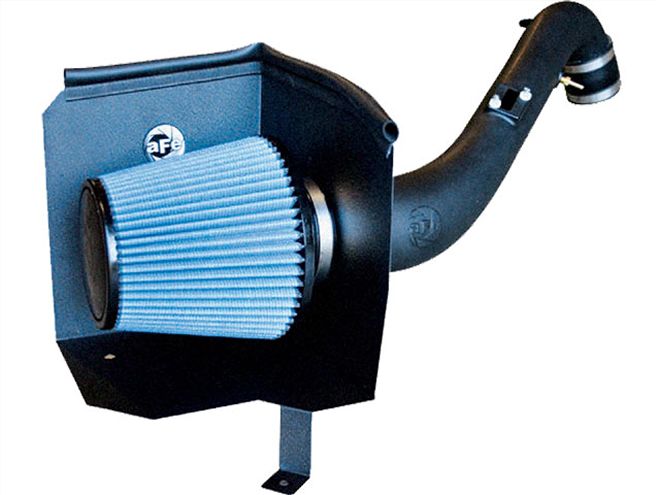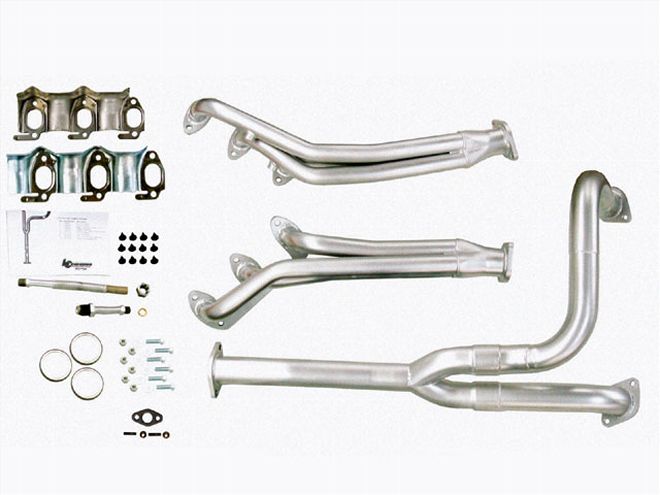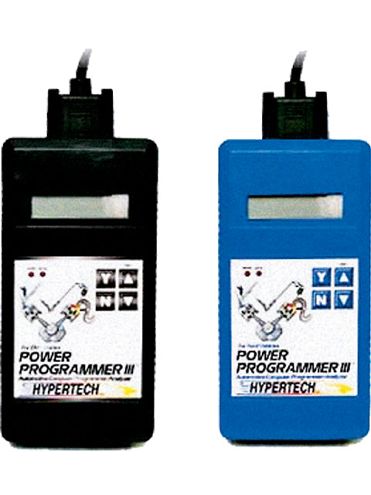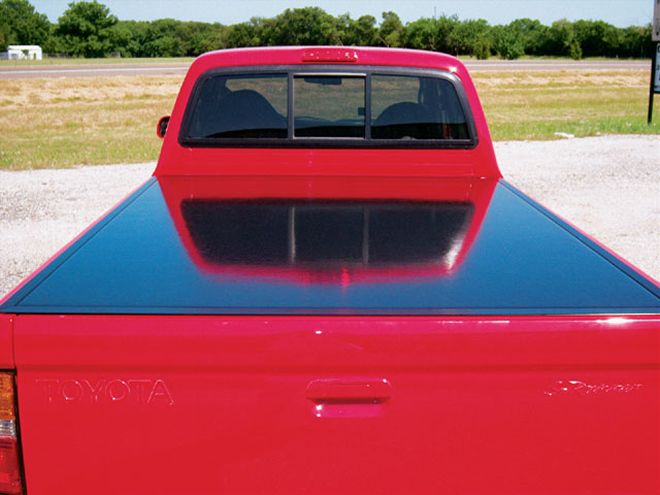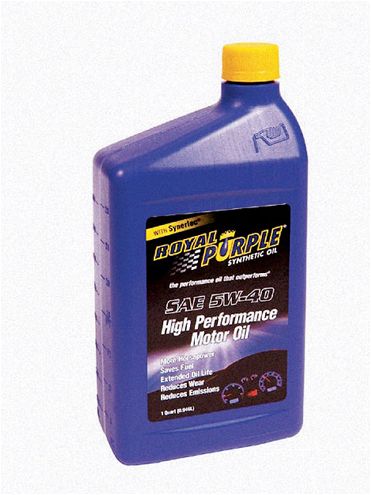When it comes to the ever elusive hunt to improve your MPGs there's product after product that promises improvements. Some are more helpful then others but we wanted to gather up what's out there and put it in one place so you can use what will work best for you. Besides the product boosts, you'll want to start with these simple cost-free steps to get the most out of every visit to the pump.
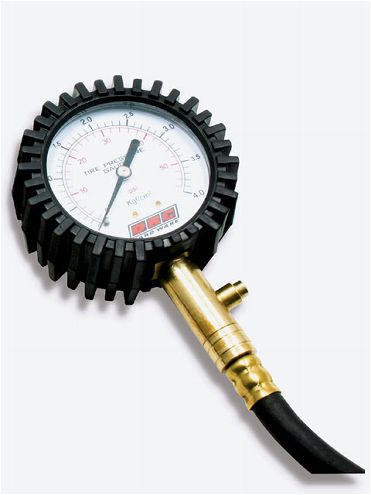
| better MPG tire Pressure
The Pressure Is OnProper air pressure in your tires could be the difference between sipping and gulping the precious gas in every tank. Constantly monitoring your tires' pressure to keep them at factory recommend specs (error on the high side) limits the amount of drag and rolling resistance of your vehicle. Check the pressure before any towing, hauling, or long trips, and always check when the tires are cold.
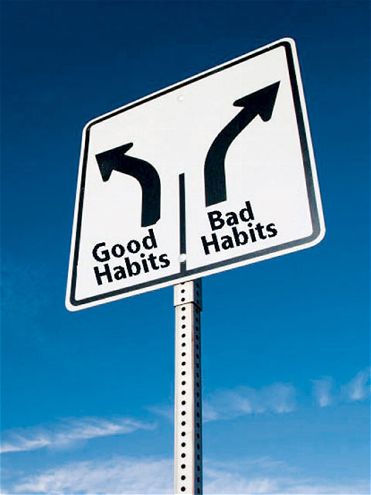
| better MPG driving Habits
Bad HabitsYour driving habits have everything to do with your MPG tally. The number one gas guzzler is speed. A vehicle cruising at 55 mph can get up to 25 percent better fuel economy than the same exact vehicle going 75 mph. Drive smoothly using gradual acceleration and you could see as much as a 20 percent gain in fuel economy. Try and anticipate stops to avoid sudden braking. Coasting safely to a stop not only will boost your MPG but will also save you wear and tear on your vehicle's brakes. Try not to idle too long. Rather than wasting gas and being lazy sitting in the drive-thru, park you're your truck and go inside. Try to combine errands into one trip, rather than taking multiple trips from home. You can plan your stops so they're by each other so you don't end up back tracking. If you're going out with some friends try and ride together and carpool as often as possible. This will save on gas and always give everyone a designated driver; talk about a win-win situation!
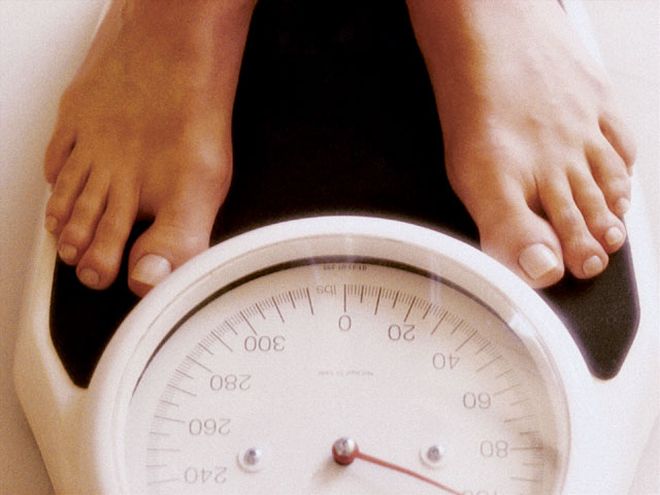
| better MPG lose Excess Weight
Lose Some PoundsPlain and simple, extra weight decreases gas mileage. According to AutoZone, every 200 pounds of unnecessary weight shed, can add one mile per gallon to your MPG total. So in the battle for every single mile per gallon you can squeeze, you might want to take out the empty kegs you've been storing in the bed of your truck.

| better MPG save Money
Low Cost MPG and Performance Boosters: Spare A Few BucksSpending a few bucks now can help save you dollar after dollar at the mighty gas pump of doom. First and foremost, we hate to have to say this, but people are getting dumb and greedy so you might want to spend a couple bucks at your local parts store and buy a locking fuel cap to deter the knuckle heads from making you their next target.
Right out of the gate vehicles are restricted from the factory to keep the general public happy and keep the vehicles quiet. But we, minitruckers, aren't all that concerned with quiet engines so we can opt for an MPG and performance booster in the way of air intake systems, high-flow cats, headers and exhaust, and throttle body spacers. Just the simple act of swapping out a dirty factory air cleaner for one of the cleanable performance filters on the market will help. It's also important to ensure that your wheel bearings, O2 sensor, and Mass Air Flow sensor, are in perfect working order. A proper tune-up will get your truck in the best working order to ensure you the most MPGs possible from each painful visit to fill up. Another way to boost up those MPGs while gaining some valuable performance would be to install one of the performance chips and programmers out there. Something else to think about that can help overall efficiency is switching to synthetic oil. Last but not least, if you use your truck bed to store valuables or just need a little more protection, bolting up a tonneau cover or camper shell not only can help keep your tools and valuables safe, but also can slightly improve gas mileage. For a list of manufactures websites that sell synthetic oil, intakes, exhaust, programmers, covers, etc. check out the Source box.
 | better MPG tire Pressure
The Pressure Is On
| better MPG tire Pressure
The Pressure Is On | better MPG driving Habits
Bad Habits
| better MPG driving Habits
Bad Habits | better MPG lose Excess Weight
Lose Some Pounds
| better MPG lose Excess Weight
Lose Some Pounds | better MPG save Money
Low Cost MPG and Performance Boosters: Spare A Few Bucks
| better MPG save Money
Low Cost MPG and Performance Boosters: Spare A Few Bucks